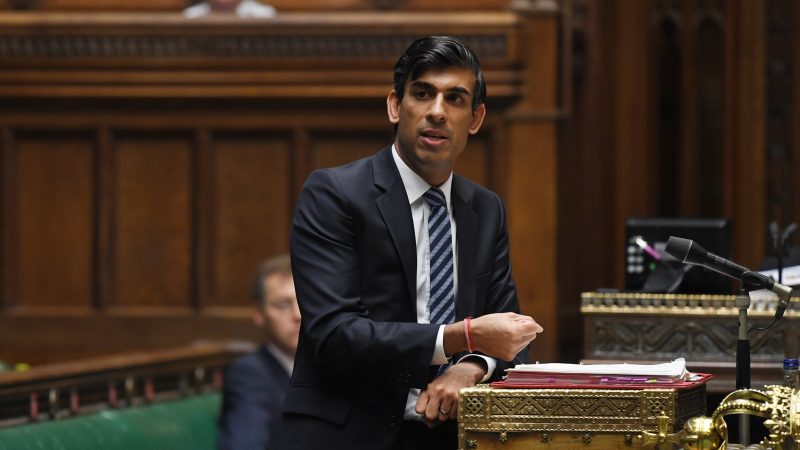
Rishi Sunak’s attempt to present himself as a fresh start for the Tory Party may take another hit today. The Prime Minister looks increasingly likely to bow to pressure from his backbenches over the ban on onshore wind – continuing the trend set by his predecessors Liz Truss and Boris Johnson for frequent and embarrassing U-turns. Business Secretary Grant Shapps said this morning that there would be more onshore wind projects “where communities are in favour of it”. This is a break from the stance Sunak took in the Tory leadership campaign over the summer, during which he published a plan for the energy sector that promised to scrap plans to relax the ban on onshore wind farms in England, noting the “distress and disruption” they “often cause”.
A U-turn on this issue will strength Labour’s argument that Sunak is a “weak” leader who does not have control over his own party. Former Levelling Up Secretary Simon Clarke has coordinated a significant backbench rebellion behind an amendment to the levelling up bill that would lift the ban on onshore wind – receiving the backing of both Johnson and Truss. Ed Miliband confirmed over the weekend that Labour would also support Clarke’s amendment, declaring: “Onshore wind is the cheapest, cleanest energy we have. The Tories’ ban has kept bills high and damaged our energy security.”
As expected, the Shadow Climate Change and Net Zero Secretary used the debacle to call into question Sunak’s fitness as leader, arguing that the Prime Minister’s “weakness” means he is being “dragged” to axe the ban by his backbenches. Miliband urged Sunak to “swallow his pride and U-turn now”. A separate rebellion on government housing targets shows just how fragile the Prime Minister’s position is – stuck between a rock and a hard place of either compromising on his policy objectives to placate the rebels or suffering the embarrassment of relying on Labour votes to pass his party’s flagship legislation on levelling up. Another tough week for Sunak – and that’s not even getting started on the bullying scandal that continues to engulf his right-hand man Dominic Raab.
It was a slightly quieter weekend on the Labour selections front, with three more Constituency Labour Parties (CLPs) meeting to pick their candidates for the next election. In Milton Keynes North, members chose pollster Chris Curtis – formerly research manager at YouGov but now working for Opinium. Lucy Rigby was selected as the next candidate for Northampton North. She is a lawyer and previously served as a councillor on Islington council in London. Last up this weekend was Keighley CLP, who chose former MP John Grogan as its next candidate. Grogan represented Keighley in parliament from 2017 to 2019 and was previously MP for Selby from 1997 to 2010.
On LabourList this morning, we have a piece from Jon Trickett arguing that Labour needs a plan to deal with the market pressures that dogged Liz Truss’ government. The Labour backbencher writes: “As we move past the divisions caused by the Brexit debate, voters can be rallied around policies which preserve family living standards, rebuild public services and shift wealth and power away from the elite. The markets might rebel, but a Labour government should have the confidence to tell them that in a democracy the people are the masters.”
Sign up to LabourList’s morning email for everything Labour, every weekday morning.



More from LabourList
Nudification apps facilitate digital sexual assault – and they should be banned
Diane Abbott suspended from Labour after defending racism comments
Labour campaign groups join forces to call for reinstatement of MPs